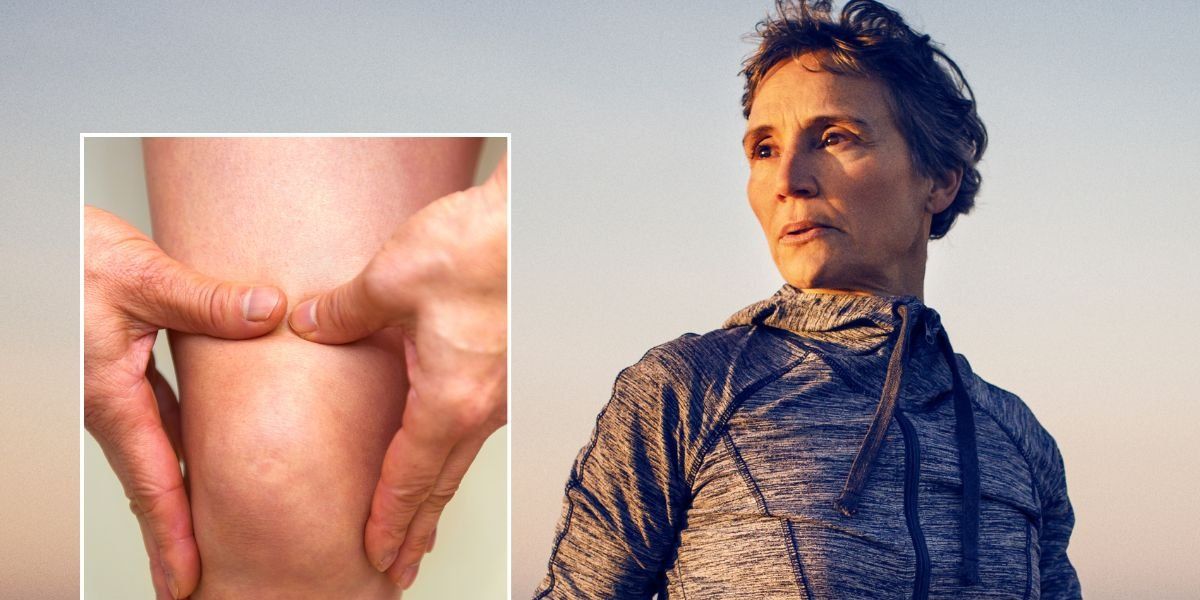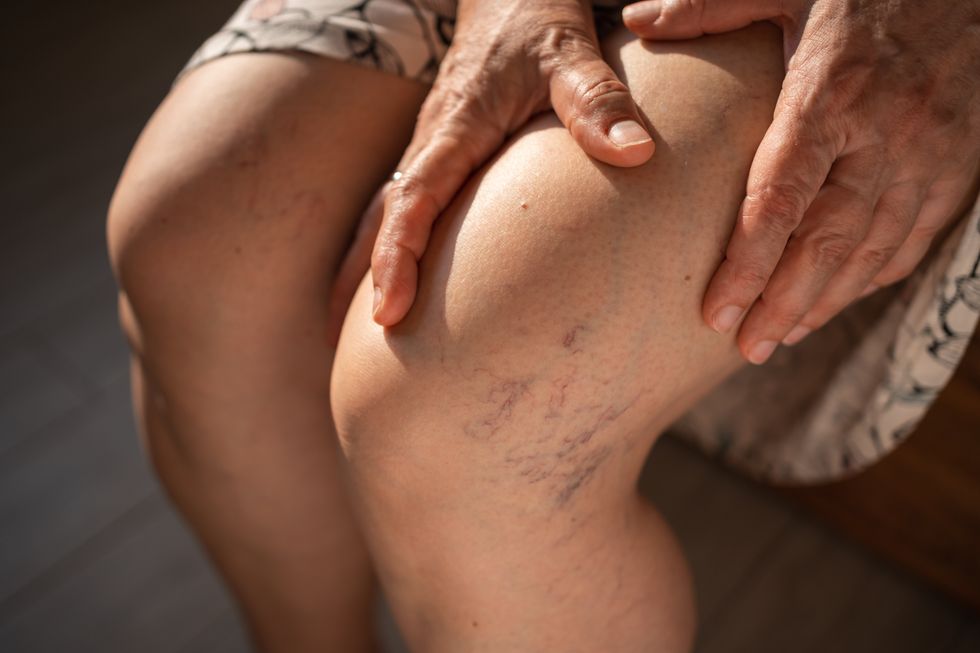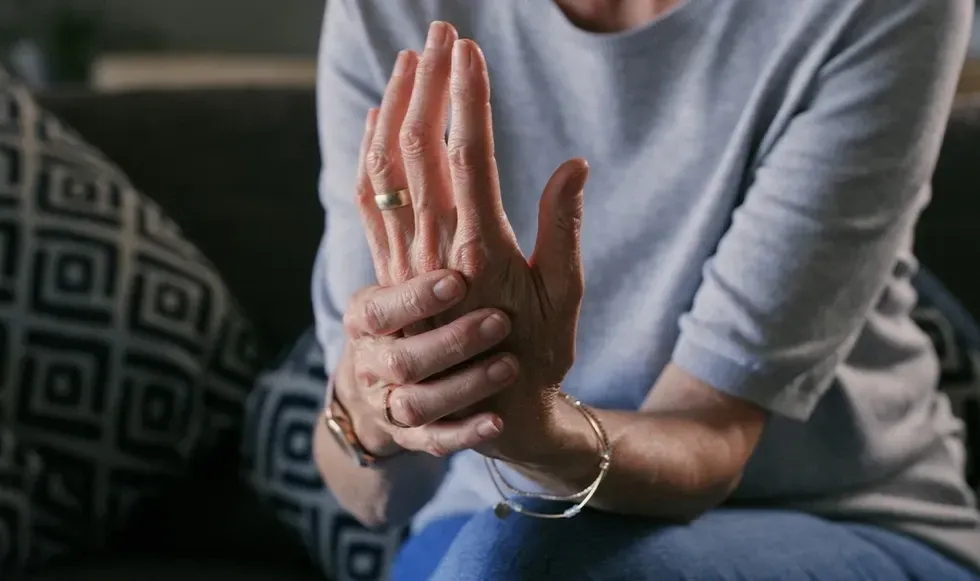



A groundbreaking study of 40,000 people across Britain has found that those with joint pain who exercise for just two hours weekly experience 35 per cent less pain.
The research looked at people with hip, back or knee problems who attended two one-hour exercise classes over 12 weeks.
Participants not only felt significantly better but also visited their GPs 29 per cent less often.
The findings have sparked calls for the NHS to make physical activity a standard treatment for the millions struggling with musculoskeletal conditions.

Only two hours of exercise a week could help you experience 35 per cent less pain
|GETTY
Researchers say if 3.7 million Britons with joint pain but no care plan took up regular exercise, the benefits could reach £34bn.
The programme, run by Nuffield Health at its 110 gyms nationwide, saw participants take nearly half as many sick days from work.
People also needed their families to care for them 21 per cent less often.
The exercise classes, led by rehabilitation specialists, focused on improving mobility, stability, strength and cardiovascular fitness.
"Tailored, structured exercise is one of the most effective treatments for people with long-term conditions. If movement were a pill, it would be the most powerful drug on the planet, yet it remains under-prescribed," said Dr Davina Deniszczyc, Nuffield Health's charity and medical director.
She believes integrating exercise into mainstream healthcare would transform lives on a scale no drug could match.
The research team, including Frontier Economics and Manchester Metropolitan University, calculated that expanding the programme across Greater Manchester alone would deliver £1.7bn in social value.
The £34bn figure includes £18bn in health benefits, £13bn in advantages for relatives and carers, plus a £3bn economic boost and £230m in direct NHS savings.
Nick Woolley from Frontier Economics revealed that one in four participants couldn't work when they started the classes, but by the end, nearly one in 10 was fit enough to return to their jobs.
Each participant's improved quality of life was valued at £6,680, while their reduced sick days saved an estimated £501.
Their families also benefited, with a 10 per cent increase in life satisfaction worth £4,765.
Prof Tim Cable from Manchester Metropolitan University's institute of sport said the findings show "the transformative role of movement" and could serve as "a blueprint" for a nationwide NHS programme.

Doctors say integrating exercise into mainstream healthcare could transform lives
|GETTY
The research team wants the NHS to include structured exercise programmes in best practice guidance and encourage hospitals and GP practices to refer suitable patients.
But Deborah Alsina, chief executive of Versus Arthritis, cautioned that while exercise helps, it's not a "solve-all" solution.
She pointed out that people often struggle to fit exercise into their lives and face challenges accessing NHS support, long diagnosis delays and limited treatment options.
The Department of Health said they plan to shift NHS care towards prevention, including providing wearable technology for chronic pain patients.
